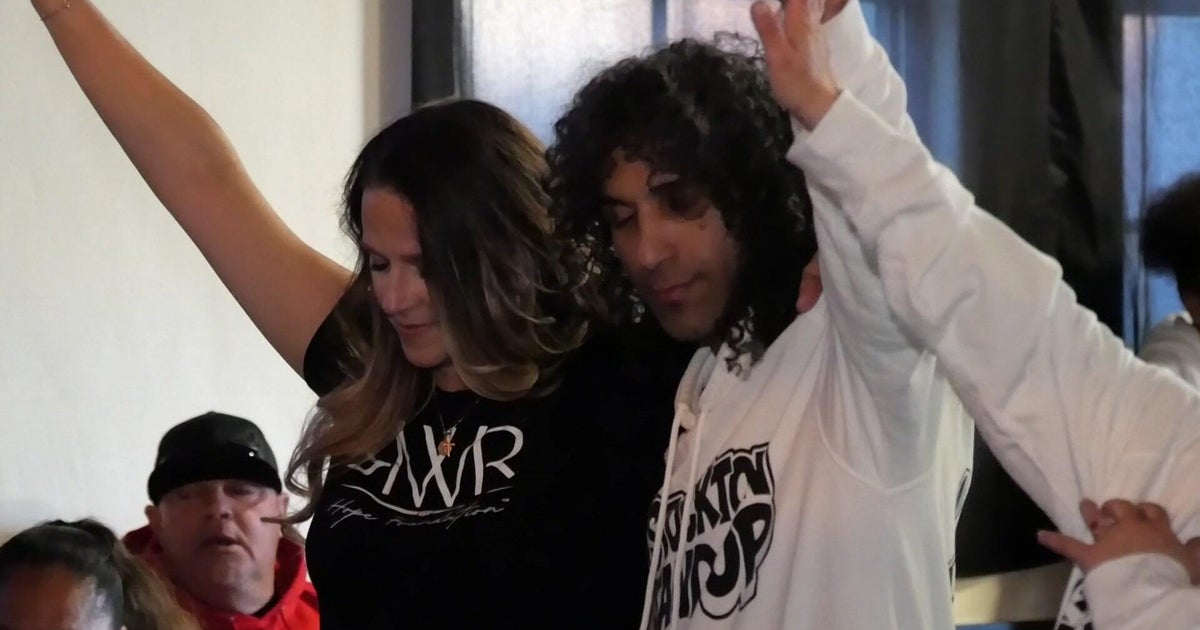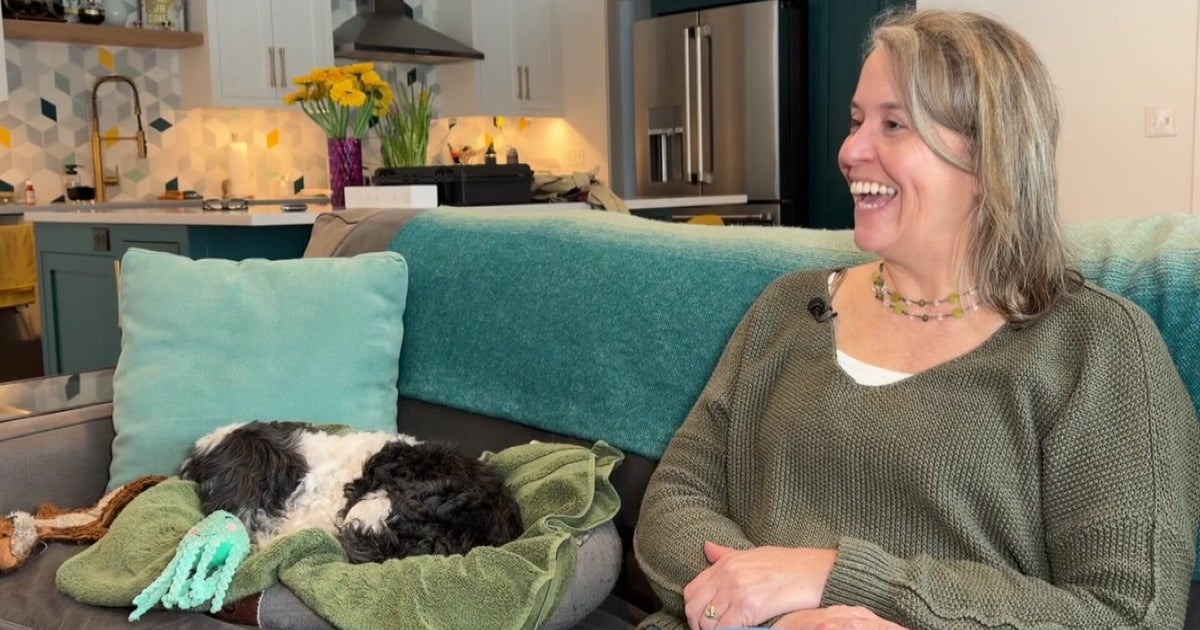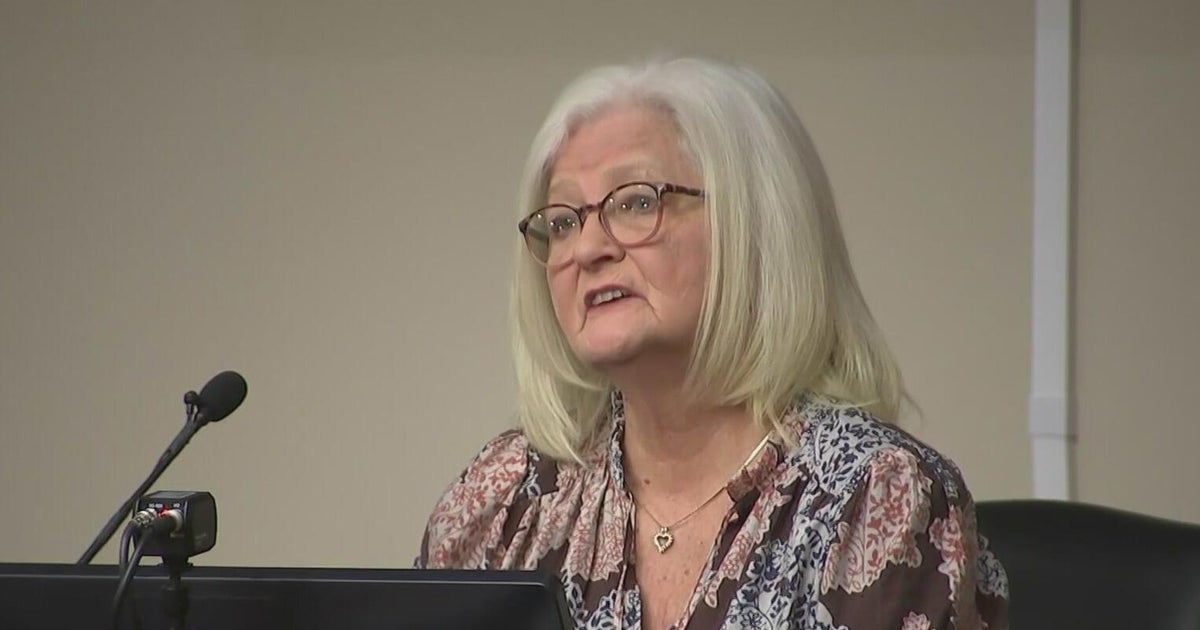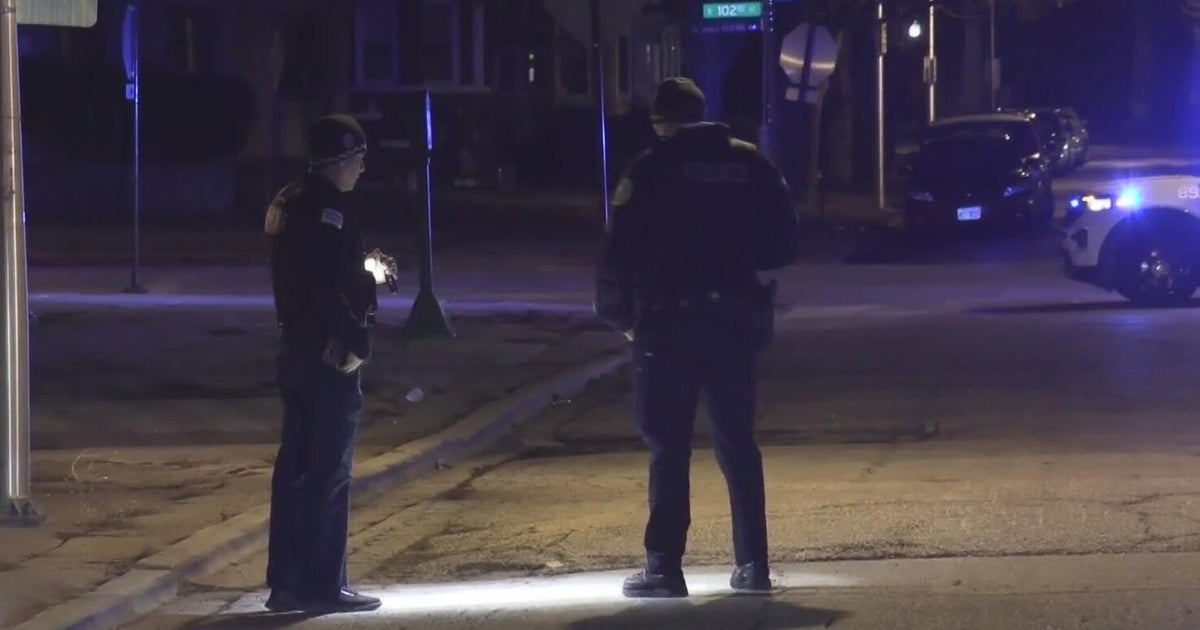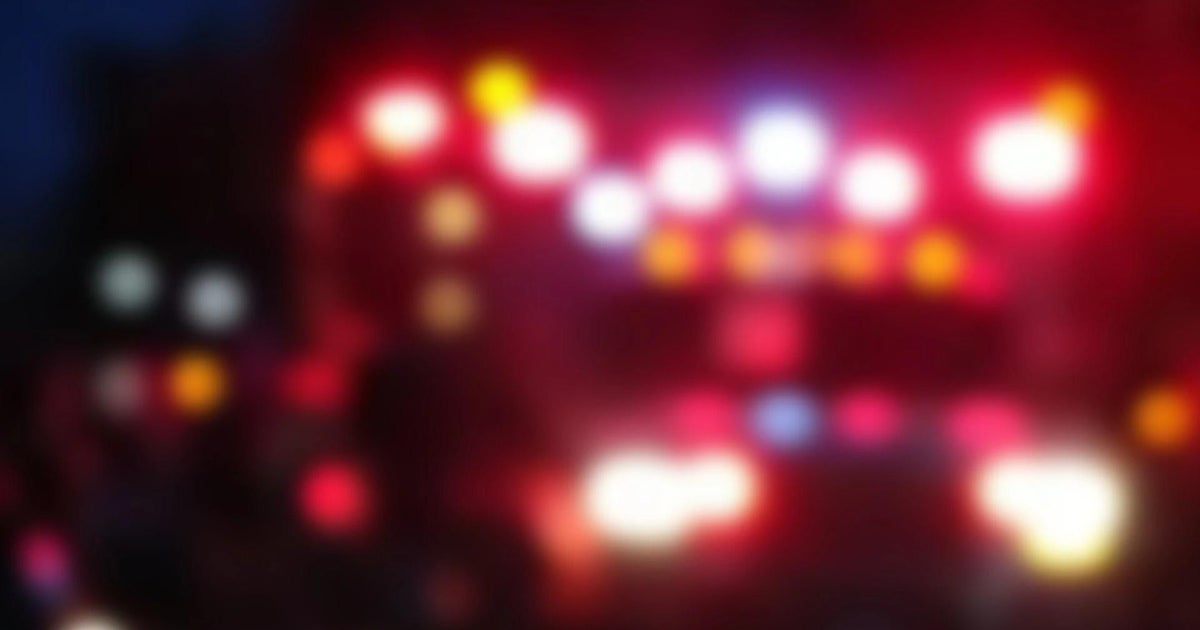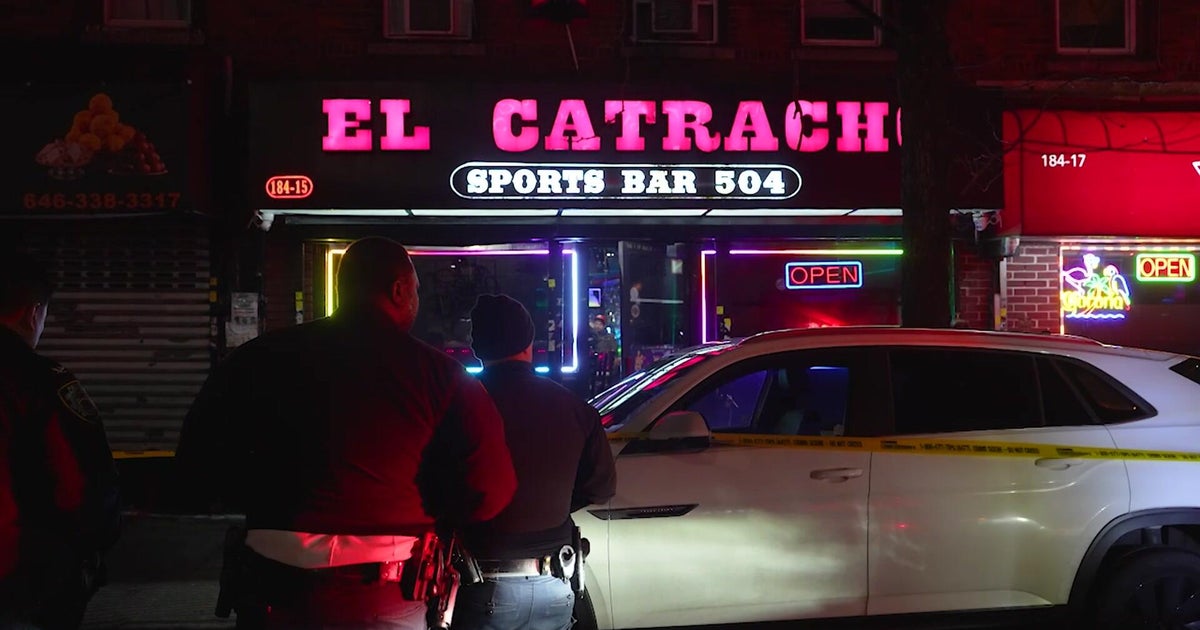30 Years Later, Survivor Of Laurie Dann Laments Rise In School Shootings
CHICAGO (CBS) -- Thirty years ago, when mass school shootings were rare, one of the worst was carried out at the hands of Laurie Dann.
The 30-year-old woman stormed a Winnetka elementary school and shot several children, killing one. She then took a family hostage and shot a young man home from college.
That young man survived, and grew up to become an FBI agent and recently was chosen to head an anti-violence program for the Catholic Church in Chicago.
Phil Andrew's career and life have been shaped by that tragic day on May 20, 1988. Now, more than ever, he is calling on those in power to help try and bring an end to school violence.
Andrew was 20 years old when Dann barged into his family's home in Winnetka, holding a gun in each hand, and took his family hostage. Moments earlier, the same mentally ill woman shot six children at Hubbard Woods Elementary School, killing 8-year-old Nicholas Corwin.
At the time, Andrew didn't know what Dann had done at the school. While holding the family hostage, she told them she had been raped, and she had shot her attacker.
"I couldn't believe that I was trying to help someone that had shot five people, six people two blocks from my house," Andrew said at the time.
As Dann was talking to her mother on the phone, Andrew's mother was able to escape. His father also left the house when she refused to put down her gun, and she later shot Andrew as police were moving in.
"This happened when I was 20 years old. My goals back when I was 20 was being the best swimmer I could be. This has shaped my life," he said Sunday.
Even before the school shooting, Dann tried to poison two children with milk laced with arsenic, delivered other poisoned drinks and snacks to acquaintances and to fraternity houses at Northwestern University, tried to detonate a fire bomb in a high school in Highland Park, and set fire to the home of a former babysitting client.
After recovering from his injuries, Andrew went on to have a successful career in the FBI. He said he's troubled school shootings not only persist, but have become commonplace, with 22 so far this year alone.
"It's tragic that the things that happened 30 years ago in Winnetka were a foreshadowing of the things to come," he said.
Just this week 10 people were killed and 10 others were wounded in a shooting at Santa Fe High School in Texas. Two days earlier, a school resource officer thwarted another potential tragedy at Dixon High School in Illinois, shooting a teenager who had opened fire outside graduation practice.
He said it's frustrating that elected officials continue to do nothing to take significant steps to prevent school shootings and keep guns out of the hands of people who are mentally ill or have a history of violent behavior.
"Nobody's talking about taking guns away from people. We're talking about very practical effective things, like universal background checks; red flag laws that take guns away from dangerous people," Andrew said.
He also lamented the federal law, pushed by the National Rifle Association, effectively stopping the U.S. Centers for Disease Control and Prevention from conducting research into the causes of gun violence. While the 1996 Dickey Amendment does not explicitly ban such research, it mandates "none of the funds made available for injury prevention and control at the Centers for Disease Control and Prevention (CDC) may be used to advocate or promote gun control."
"This all comes down to a very simple problem that an industry and its puppets have refused to do this basically because they make money on the sale of guns," he said.
Andrew recently retired from the FBI. Cardinal Blase Cupich has tapped him to be the first director of violence prevention for the Chicago Archdiocese.
